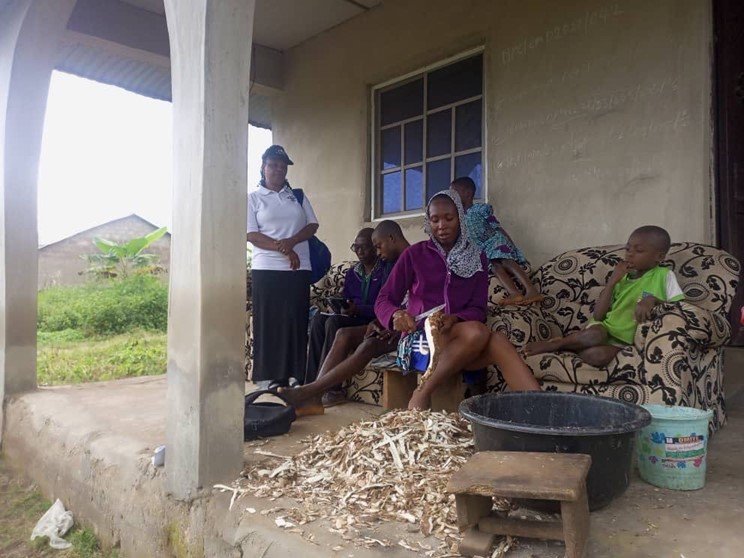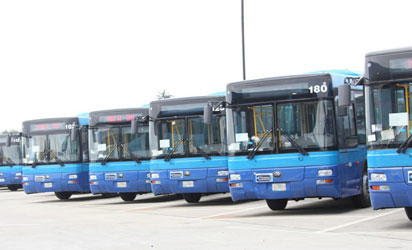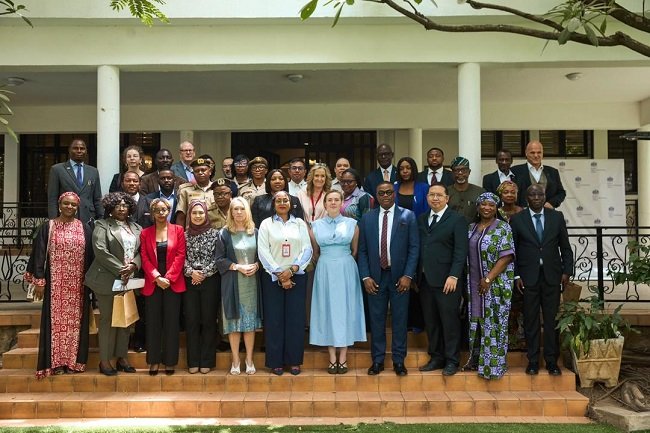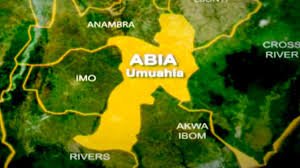
Nigeria has reached a key milestone in its bid to strengthen agricultural data collection, after the global 50×2030 Initiative confirmed the successful completion of pilot training and survey testing.
The initiative, announced in a statement by the Food and Agriculture Organization (FAO) on Thursday, described the exercise as “a crucial step” in ensuring tools are effective before the full nationwide rollout later this year.
“This process guarantees that we are ready to capture reliable, high-quality information directly from Nigeria’s farmers,” the statement noted.
The 50×2030 Initiative — which seeks to close agricultural data gaps in 50 countries by 2030 — is being implemented in Nigeria in collaboration with the World Bank, FAO, and the National Bureau of Statistics (NBS). The NBS, the government’s official data agency, will lead field operations when the nationwide survey begins.
Officials said the pilot covered training of enumerators and test surveys in selected farming communities across the country. These were designed to check whether farmers understood the questions and whether survey tools could function effectively in diverse environments.
Agricultural experts argue that reliable data is critical to boosting productivity, designing better policies, and tracking food security. Nigeria, Africa’s most populous country, faces growing pressure to improve crop yields amid rising demand and climate-related shocks.
FAO said the next phase will involve scaling up survey deployment to all geopolitical zones before the end of 2025.




